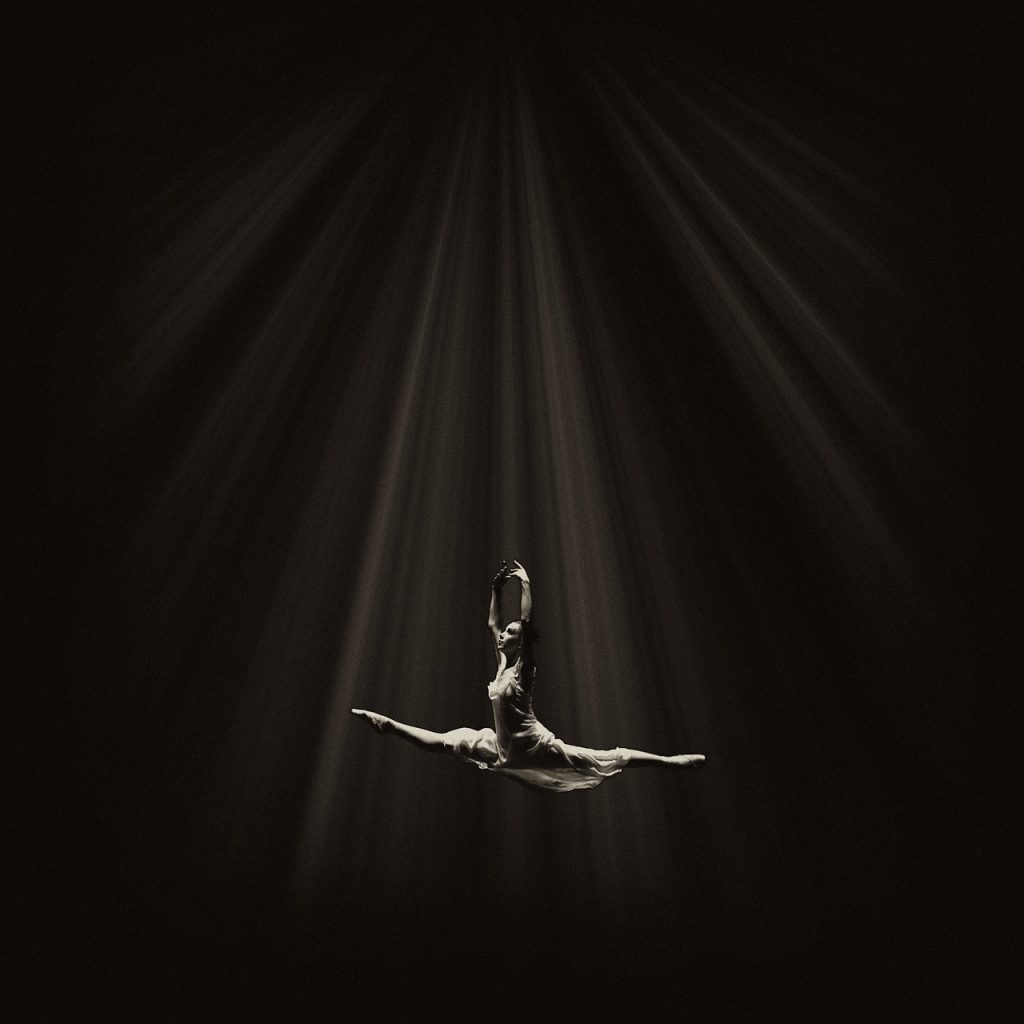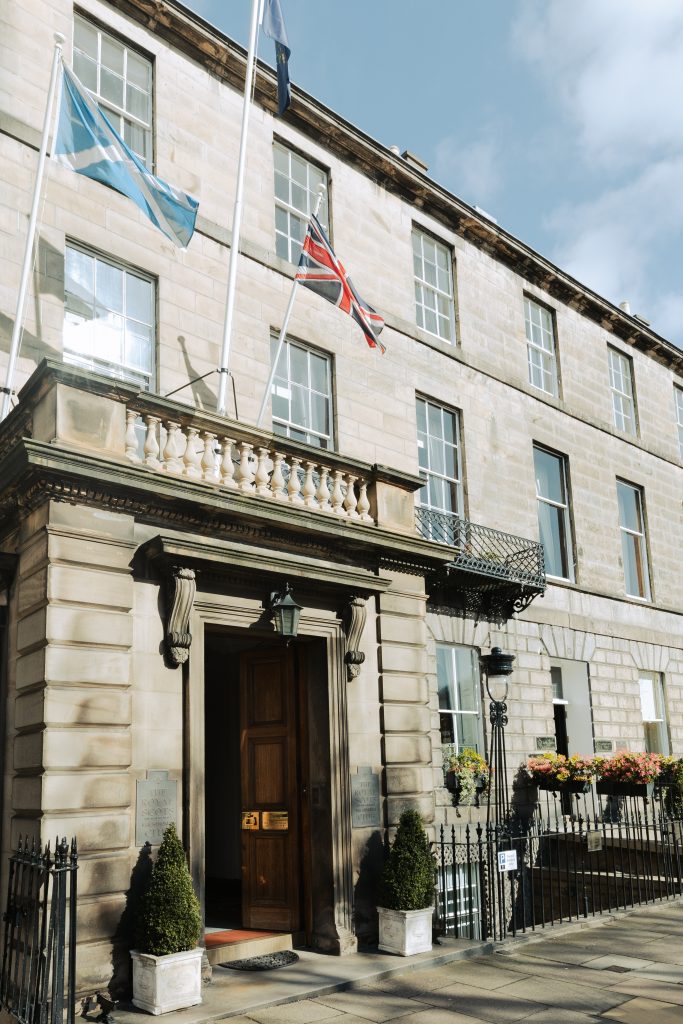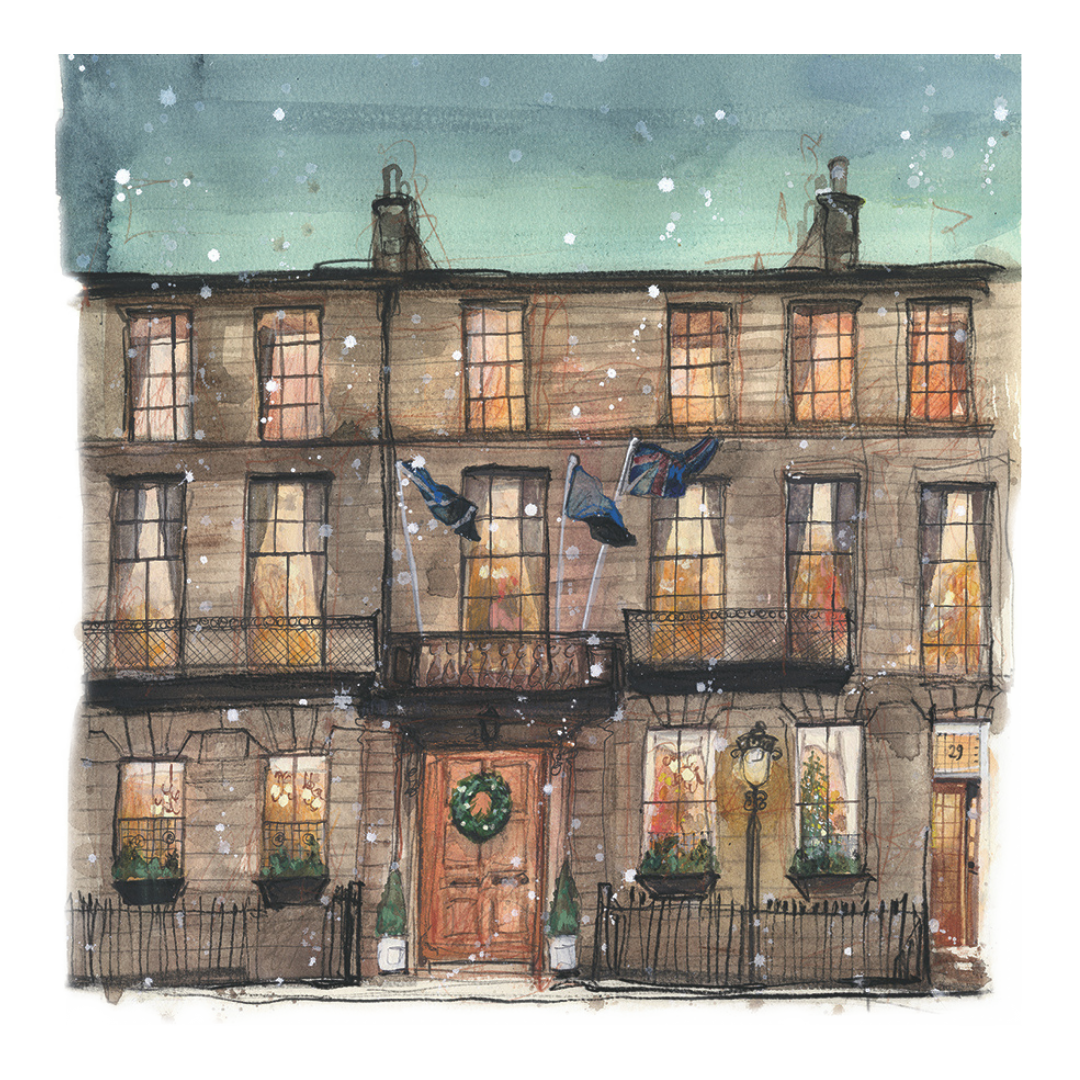THE GOLDEN AGE
OF DIAGHILEV’S BALLET RUSSES EVENING LECTURE
Monday, 25th November
19:00 – 20:30


TIME & LOCATION
Date and time: 25th November 19:00 to 20:30
Location: The Princess Royal Suite: The Royal Scots Club
ABOUT THE LECTURE
ABOUT THE LECTURE
Come join us for a captivating evening as we delve into the mesmerizing world of Diaghilev’s Les Ballets Russes. This event will transport you back to the Golden Age of ballet, showcasing the elegance and innovation of this iconic dance company. Hosted at The Royal Scots Club Edinburgh, immerse yourself in the history and artistry of one of the most influential ballet companies of all time. Don’t miss this unique opportunity to learn and appreciate the magic of Les Ballets Russes.
The company, Les Ballets Russes, was a creation of the West, and Paris was the city of its birth. Although totally Russian, the ballets were never performed in Russia. To explain this cultural phenomenon the talk touches on the political, social and cultural aspects of Russia’s troubled 19th and early 20th centuries.
It begins in 1825 with a failed, but memorable, aristocratic coup against the autocratic regime of Emperor Nicolas I of Russia. This regime was subsequently severely weakened by the defeat of Russia by Britain and France in the Crimean War of the 1850s. The emancipation of the serfs in 1861 by Nicolas’s successor the more liberal Alexander II introduced a period of political turmoil which was simply a sparring match between those who believed that any form of progress must come from the West and those who saw progress emanating from traditional native sources. The argument spilled into the realm of music when a group of Russian composers, including Borodin and Rimsky Korsakov, sought inspiration from Russian folk music and dance. The ballet in Russia at that time was a prestigious art form and, inspired by the matchless music of Tchaikovsky, reached its classical peak of excellence towards the end of the 19th Century in the ballets performed at the Mariinsky Theatre and choreographed by the brilliant Frenchman Marius Petipa. The rigidity in the administration of the state theatres and the lack of innovation, however, caused dissatisfaction in art loving circles, who sought change in Russian ballet without the loss of its essential techniques..
The creation of a parliament or duma in 1905 after a serious national revolution did not significantly reduce the restrictive attitudes of the main cultural institutions and many groups of highly cultured people strove to find ways out of the impasse. Serge Diaghilev. a young Russian who in 1906 had the experience of successfully staging an exhibition of Russian art in Paris and also performances of Russian music there, saw the need and opportunity to create a Russian ballet company to work in the French capital. Aware of the riches of all forms of Russian culture at his disposal, including out of contract choreographers and dancers, he formed a ballet company which became known as Les Ballets Russes. It moved away from the well-tried choreographic ideas of the Mariinsky ballets and espoused changes in style and choreographic movement under the influence of its first and most talented choreographer, Michel Fokine.. As talented in their own ways were such dancers as Tamara Karsavina, Vaslav Nijinsky and Adolph Bolm and the designer, Leon Bakst, whose sets and costumes made a colossal impact on the Parisian cultural scene and beyond.
Sadly, the golden years of Diaghilev’s Les Ballets Russes came to an end with the outbreak of the Great War with the disruption of cultural activities in most of Europe. Although the Ballets Russes continued in various forms and left a rich legacy, it will always be remembered for its remarkable innovation and exuberant exoticism.
ABOUT THE AUTHORS
ABOUT THE SPEAKERS
RSC Member Dairmid Gunn was a career officer in the Royal Navy for over 20 years and saw active service in Korea, Egypt and Cyprus. He studied Russian at London University and in Paris and was to serve in the 1960s as Assistant Naval Attache in the British embassies in Moscow and Helsinki.
On leaving the Navy he became the director of an organisation furthering the commercial interests of Scottish farmers in Edinburgh, London and Brussels.
In 1980 he became chairman of the Scottish branch of the GB-USSR Association, a non political body sponsored by the UK government to improve mutual understanding between Russia and the UK.. After the collapse of the Soviet Union he maintained his interest in Russia by working within the Scotland-Russia Forum, a charitable organisation that took the place in Scotland of the defunct GB-USSR Association
He is the recipient of the OBE and the Pushkin Medal.
Agnes Ness trained in dance in Edinburgh and Glasgow and has taught dance history at many dance schools, colleges, Edinburgh University OLL department and currently at Dance Base in Edinburgh.
She has also worked in educational television at Jordanhill College in Glasgow and in theatre with Tom Fleming and Victor Carin at The Edinburgh Gateway Company and the Royal Lyceum Theatre.
Agnes did MA Honours degree in French and History of Art at Edinburgh University which included a year of study at the Ecole du Louvre in Paris. Agnes taught French and History of art for the City of Edinburgh Council for many years and she still gives power talks in art and dance for various organisations.
RELATED EVENT

CELEBRATE CHRISTMAS
AT THE CLUB
Visit our dedicated Christmas page and see all that’s on offer this festive season!
